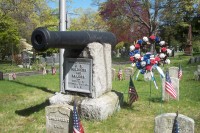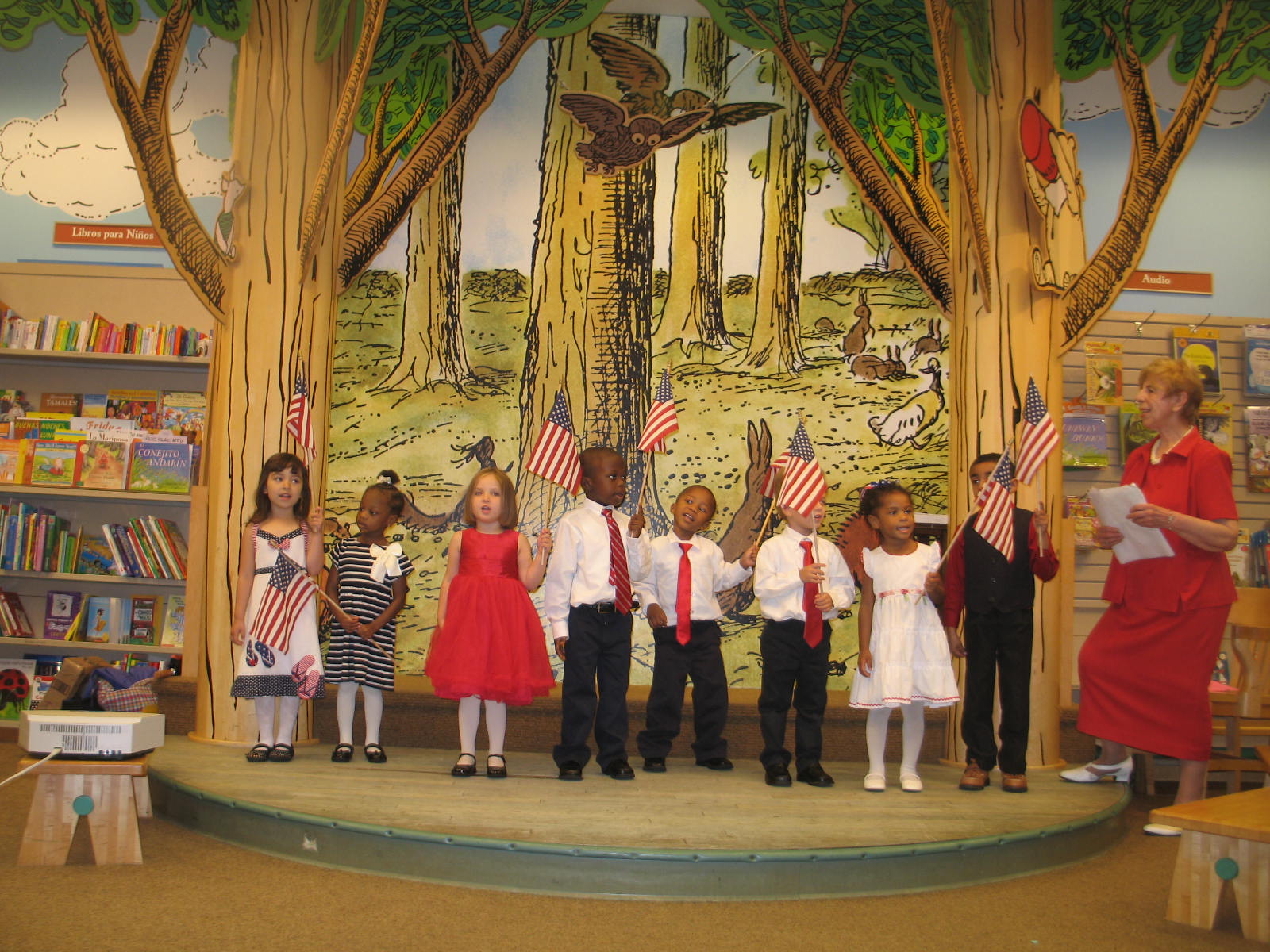Sons of Union Veterans to Hold Gettysburg Remembrance for White Plains Men

By Michael S. Bennett: This Sunday, June 30 at 2 p.m., in commemoration of the 150th anniversary of the Battle of Gettysburg, the Sons of Union Veterans of the Civil War, in cooperation with the White Plains Historical Society, will hold a remembrance event at the Rural Cemetery on North Broadway, White Plains. In addition to telling the story of this historic battle, through the service of these White Plains men, the program will include music, presentations by local and state dignitaries, a recitation of Lincoln’s Gettysburg Address, and a Civil War relic display.
As the American Civil War languished into its third year, no one could be sure what the outcome of the war would be. Would everything return to the way it was before, or was it possible that two countries could exist where a single, united nation once stood?
Two years earlier, in the spring of 1861, most in the north had little doubt. The rebellion would be put down in a matter of days – the appearance of President Lincoln’s new Army at the first battle at Manassas, VA (Bull Run) would likely send the overzealous southerners running for home. The elite of Washington rode out to the battlefield in their carriages with picnic lunches to sit on the hills and watch the spectacle. Lincoln had only asked for 90-day enlistments from his new volunteer recruits. Certainly it wouldn’t take longer than that to put an end to this insurrection nonsense. And perhaps it would all be over that very afternoon. What the picnickers beheld that day was nothing short of a nightmare, and a sure sign that the nightmare would not end soon.
In mid-1863, the fate of the nation was harder to predict. Looking back at the war, some might have suspected that the agrarian, southern confederacy never had a chance of defeating the stronger, significantly more populated and highly industrialized north. The north had seemingly unending sources of money, weapons, supplies, and manpower. But as our nation has experienced more than once in the 150 years since the Civil War, it is not solely military superiority that wins a war. In the two years that had passed since the fighting began, more than 300,000 northern combatants, fathers, sons, neighbors, friends, were casualties of war. And much of the northern population had had enough. There were anti-war publications, protests, and a growing sentiment that if the southerners wanted their own country, let them have it; and good riddance.
Knowing of this swing in public opinion, Confederate General Robert E. Lee was directed to bring his Army of Northern Virginia north into Pennsylvania. If the population in the northern states was getting tired of the war, having it suddenly appear in their backyard might just help solidify that view.
The battle that ensued would be the largest ever fought on the North American continent, the number of casualties, more than 50,000 in three days, would set an unenviable record. Neither army was looking for a battle at that specific time, and the location was more an act of chance than anything else. A rumor persisted for years that the Confederate Army entered the town looking for a supply of shoes believed to be stored at Gettysburg, but no such supply ever existed to support the myth. Gettysburg, an insignificant Pennsylvania town that happened to serve as a crossroads between everyplace else, was where the armies bumped into each other, and where some would say the tide of the war finally changed.
Among the men who were brought to Gettysburg during the July 1-3, 1863 battle were men of the 95th New York Volunteer Infantry. Edward Bogart and George Lewis of White Plains would see action on the first day of the battle, as their regiment stood their ground and then charged the rebels in the infamous railroad cut north of town. Theodore F. Flandrew arrived with the 73rd New York later on, and would try to hold the ground near the Peach Orchard on the second day. William A. Dodd of the 111th would also see action on that second day and would become one of the many thousands of casualties of a battle in which as many as one in four combatants were killed, wounded, captured or listed as missing. Dodd would survive his injury, and continued to serve in the Veteran Reserve Corps. Since enlisting in the 49th New York in August of 1861, George King and his regiment had participated in nearly every major engagement in the east: Antietam, Fredericksburg, Chancellorsville and now Gettysburg. He would participate in the pursuit of Lee’s Army after the battle, and would only be stopped when a severe injury at the Battle of the Wilderness in 1864 resulted in the amputation of his right arm.
In addition to participating in this historic battle, these men and many of their comrades had one other unique thing in common. They all called White Plains home, and either returned to or settled in White Plains after the war. Many of them joined the Grand Army of the Republic Veterans Post that once met on Spring Street. Edward Bogart would become Chief of Police. His descendants still live in the city. These men ran businesses, raised families and, when the end finally came, were laid to rest at the White Plains Rural Cemetery.
All are invited to attend and participate in Sunday’s event. For more information contact the Sons of Union Veterans at: info@civilwarny150.org or call 914-949-4679.

Adam has worked in the local news industry for the past two decades in Westchester County and the broader Hudson Valley. Read more from Adam’s author bio here.


